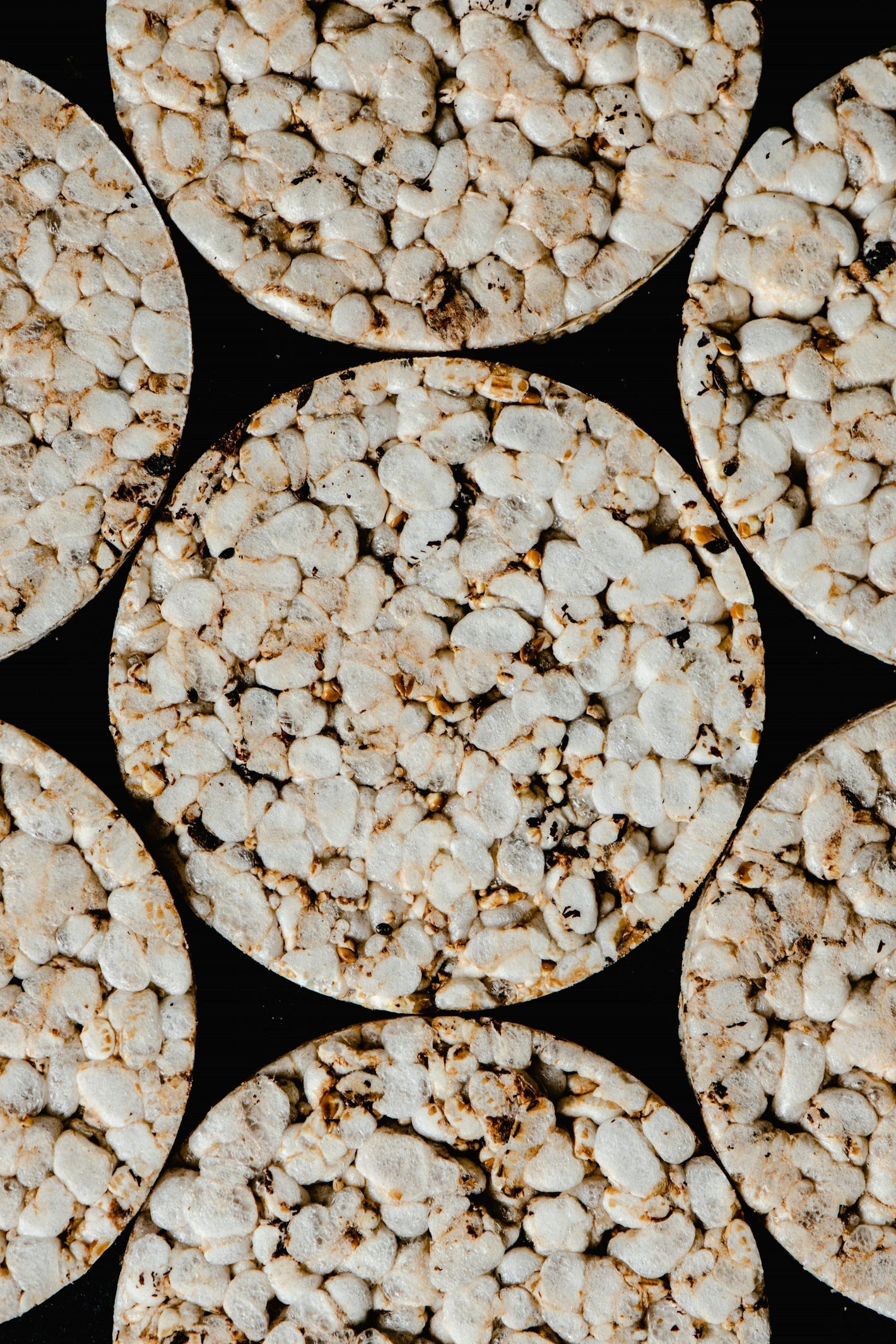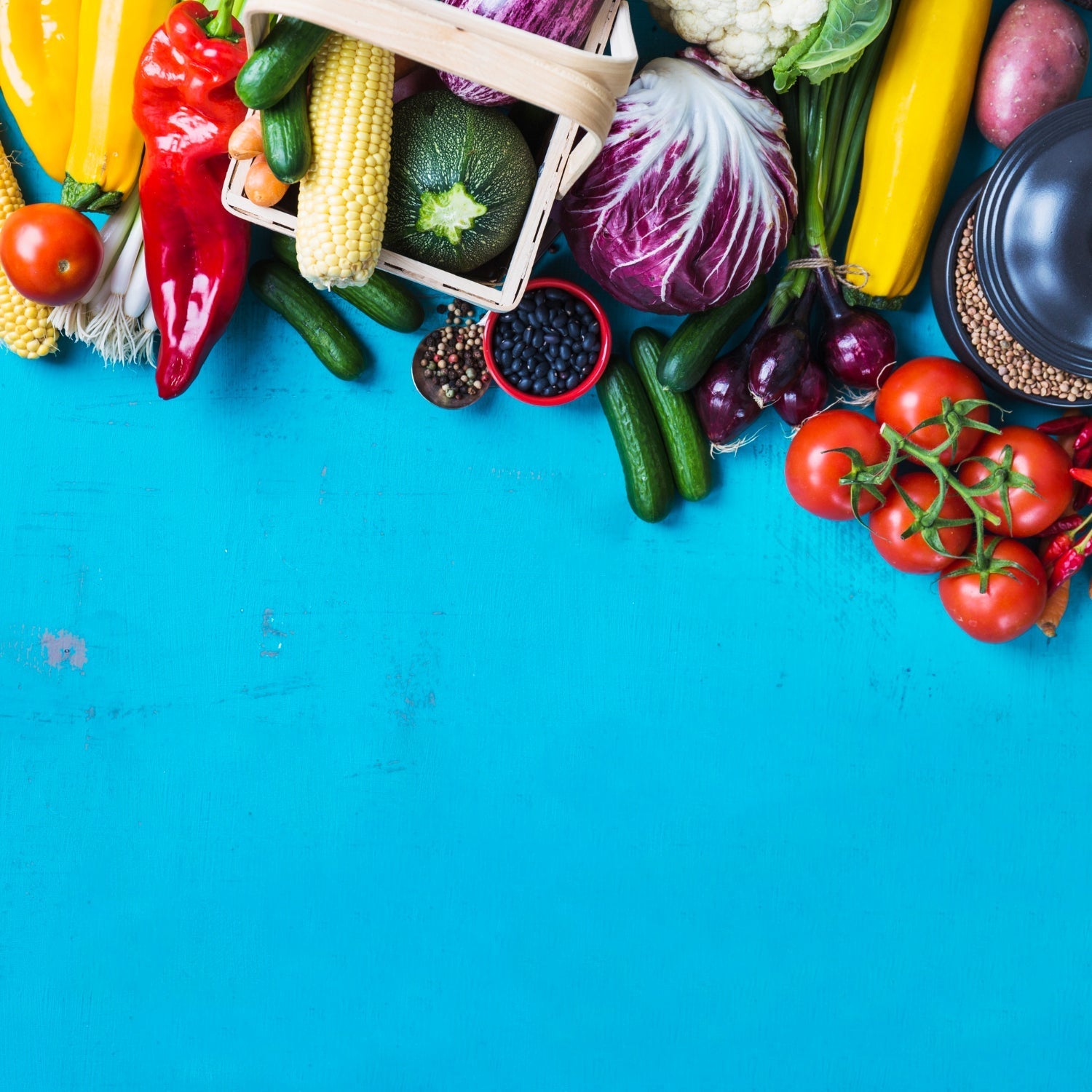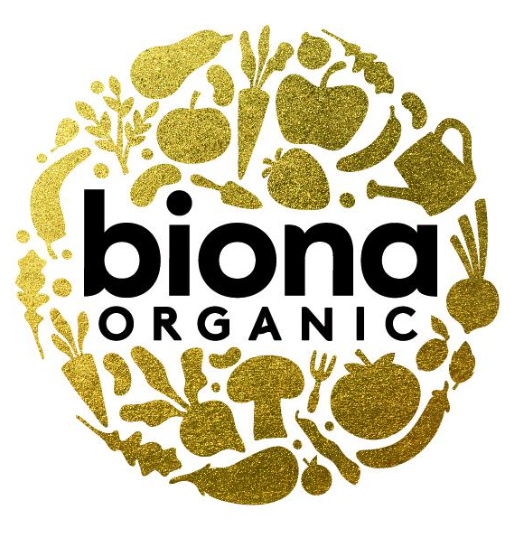
 Instagram
Instagram
Related products

Related products
What are Rice Cakes?
Rice cakes are one of popular snacks to grab during the afternoon hours. It is of particular importance in individuals seeking low calorie and gluten-free food. Rice cakes have good reputation in terms of bring healthier than bread and other sorts of snacks that are often processed and high in calories as well. In the article below, we will discuss the nutritional aspects and health values of rice cakes and understand its ways to fit in a balanced diet.

Rice Cakes: What’s in them nutritionally?
Rice cake is nothing fancier than puffed rice pressed together in a pan to take cake shape. The main ingredient is rice along with some salt for taste. Rice cakes have variations as well where people add flavours, chopped vegetables or pieces of fried eggs to it. Let’s understand the nutritional profile of a medium sized rice cake (one serving).
- Calories: Approx. 40 kcal
- Carbs: 8 grams
- Proteins: less than 1 gram
- Fat: less than 0.6 grams
- Fibre: 0.3 grams
The nutritional profile above is based on a regular medium sized rice cake that has no added flavours or ingredients. The added flavours often include sugars and salts that must add to the nutritional profile and increase the caloric content as well.
What are the Benefits of Rice Cakes?
Following are some of the benefits and perks of rice cakes that certainly makes it a favourite snack of the lot.
Low Fat
Rice cakes are basically made of puffed rice that does not require the inclusion of additional fats or oils. Plain rice cakes contain very little fat content (less than 0.6 grams per serving) that makes it a suitable option to munch on during snack time.
Low Calorie
Rice cakes has low calorie content that makes it a suitable choice for individuals seeking to lose or manage their weight. It is a satisfying and crunchy snack that does not add much to the daily calorie intake. It is a convenient option for individuals watching their calories as it contains only 35-40 kcal per serving.

Gluten-free
Rice cakes are gut friendly as it is gluten-free. Celiac disease is a congenital disorder in which one is sensitive to gluten and often exhibit symptoms of severe gastrointestinal discomfort after consuming this allergen. Rice cakes being free of gluten is a safe choice for individuals sensitive to gliadin – an active particle in gluten.
Simple to Digest
The simple ingredients of rice cakes are readily digestible and friendly to the stomach. Rice cakes are suitable for consumption in individuals with gastrointestinal disorders or poor absorption of nutrition. It does not cause abdominal discomfort or bloating as compared to the processed snacks that often lead to bloating and laziness.
Open to creativity
One must go creativity with rice cakes by adding some vegetable toppings, sauces, or salt for added flavour. Adding avocados or meat slices are current favourites. This versatile nature of rice cakes allows them to be included into various meals and improve its nutritional value when the additives are based on healthy foods.
What are the Risks and Considerations of Rice Cakes?
Understanding benefits and risks of a food item are two important aspects while paving the way for better health. Following are some of the must-know risks of consuming rice cakes.
High Glycaemic Content
Rice cakes have high glycaemic content which means that it causes spike in blood sugar after its consumption. It is made of refined carbohydrates that cause rapid release of glucose into the bloodstream rather than a gradual process. This spike in blood sugar is then soon followed by cravings to consume more and thus overeating habits occur.

Low Nutrition
Rice cakes are low in essential macronutrients such as protein, fibre, minerals, and vitamins. A snack is not only supposed to be crunchy and edible, but also contain the main nutrients. Rice cakes do not contain these nutrients that makes it a wrong choice for individuals seeking a nutritionally valuable snack item. However, such individuals can also pair the rice cakes with side dishes that offer the main nutrition and make a balanced snack.
Supplementary items in flavoured versions
Rice cakes that contain added flavours in the form of sauces and salts to enhance flavours must add to the increase in caloric value as well. These additives lower the health benefits of the standard plain rice cakes due to the additional high sodium and calories.
Not a filling snack
Rice cakes has low fibre content and refined carbohydrates that digests rapidly. These two features of rice cakes make it a not so filling snack, leaving its consumer to crave for more food after a while of consumption. This leads to increased food intake and violation of calorie deficit plan for individuals working on weight loss.
How can I make Rice Cakes healthier?
After understanding the risks of rice cakes and making important considerations, it is easy to sort out healthier ways to enjoy rice cakes without compromising the overall well-being.
- Adding Proteins to rice cakes in the form of cooked lentils, cottage cheese or thin sliced of well-cooked meat is a healthy way to improve the nutritional value of the snack.
- Adding Healthy Fats to rice cakes in the form of sliced or mashed avocados and nut butter is another healthier alternative to treat the tastebuds.
- Adding Fibres to the rice cakes such as sliced vegetable toppings or incorporating soaked chia seeds makes it a filling snack. Inclusion of dietary fibres also prevent spikes in blood sugar levels after consumption of rice cakes.
- Wholegrain Rice Cakes are a healthier option as compared to the processed varieties. Individuals must choose brown rice cakes over white as the former variety has more nutritional value and are safe from excessive processing.

People Also Ask
Does rice cake contain potential allergens?
Standard rice cakes are typically free from potent allergens. It is safe for consumption in individuals with common food allergies such as that to gluten and dairy products. However, it is important to note that the flavoured varieties of rice cake may contain allergens such as soy. It is mandatory healthcare step to confirm the ingredients of flavoured rice cakes before its consumption in individuals with food allergies.
Can rice cakes be added to a low-carb diet plan?
No, rice cakes are not recommended for a strictly low-carb diet plan as it contains 8-10 grams of carbohydrates which is a significant portion. It is a less suitable option for low-carb diet plan but a better one for calorie deficit diet plan. It has low fat and low-calorie content that helps with weight loss diet plans.
Conclusion
Rice cake is a popular variety of snacks and is of particular importance in individuals seeking low calorie and gluten-free food. It is made of puffed rice pressed together in a pan to take the shape of a cake. The main ingredient is rice along with some salt for taste. It is easily digestible and serves lower number of calories than other processed snacks. The risks of rice cakes include high glycaemic content which means that it causes rapid blood sugar spikes that lead to craving more food after some time. It also lacks proteins, vitamins and minerals that are essential elements for overall well-being. Add fibres, chopped vegetables and lean proteins to the wholegrain rice cakes for a healthier snack and positive outcomes.








 Rated Excellent by 26,523+ Reviews
Rated Excellent by 26,523+ Reviews